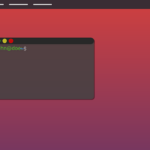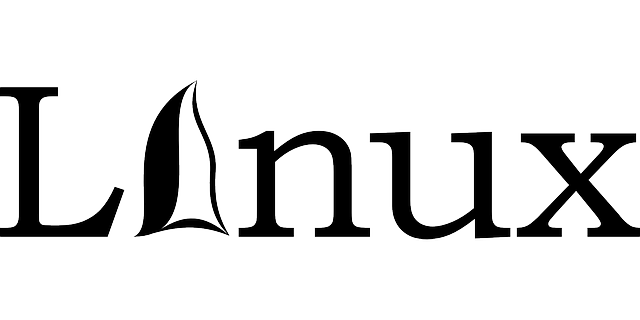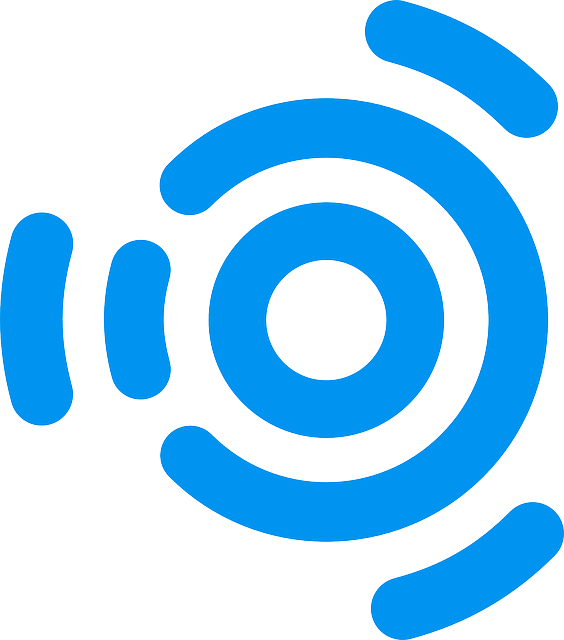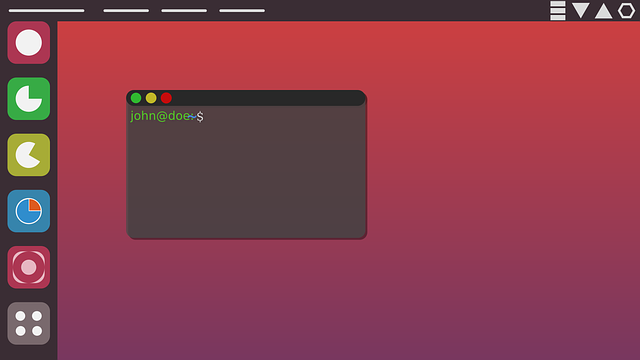The convergence of Electronic Health Records (EHRs) with Linux systems is a significant advancement in healthcare informatics. This integration on Linux platforms enhances data integrity and accessibility, crucial for delivering high-quality patient care. Linux's robust security and performance make it an ideal choice for managing EHRs, offering a secure and universally accessible solution that can be adapted to various devices and operating environments. The open-source nature of Linux facilitates the development of tailored EHR systems, aligning with current technological trends and setting new standards. These systems utilize web-based interfaces and standardized data formats like HL7 FHIR, ensuring clinicians can efficiently access EHRs on Linux. The transition to Linux for EHR management offers numerous benefits, including improved security, interoperability, scalability, and cost-effectiveness, all of which contribute to the goal of universal health data access and enhanced patient care. This approach not only addresses existing challenges in healthcare but also paves the way for future innovations in electronic health record systems.
Navigating the complexities of healthcare in the digital age necessitates robust solutions that transcend platform boundaries. This article delves into the pivotal role of cross-platform compatibility, focusing particularly on the accessibility of Electronic Health Records (EHRs) within the Linux framework. We explore how open source initiatives are paving the way for seamless integration across a spectrum of devices, ensuring that patient data remains accessible and secure, regardless of the operating environment. Join us as we shed light on this critical aspect of modern healthcare technology.
- Exploring Cross-platform Compatibility: Ensuring Accessibility of Electronic Health Records on Linux Systems
- The Role of Open Source Solutions in Achieving Seamless Integration of Electronic Health Records Across Diverse Devices and Operating Environments
Exploring Cross-platform Compatibility: Ensuring Accessibility of Electronic Health Records on Linux Systems

In the realm of healthcare informatics, the accessibility and integrity of Electronic Health Records (EHRs) across various platforms have become paramount. As healthcare providers increasingly adopt Linux systems for their robust security and performance, ensuring that EHRs are compatible with these platforms is a critical concern. This compatibility is not merely about technical feasibility; it’s a matter of providing seamless access to patient data for medical professionals who may prefer or require Linux environments. The integration of EHRs on Linux systems necessitates a thoughtful approach, combining open-source solutions and cross-platform frameworks that can handle the sensitive and voluminous nature of healthcare data without compromising on security or usability.
Furthermore, the adoption of Linux for EHRs presents unique opportunities to innovate within the healthcare industry. The flexibility and adaptability inherent in open-source software development allow for customization that can cater to the diverse needs of healthcare providers. By leveraging cross-platform technologies such as web-based interfaces or standardized data formats like HL7 FHIR, clinicians using Linux systems can access EHRs with the same efficiency and reliability as their counterparts on other operating systems. This ensures that the transition to Linux for EHR management is not only feasible but also enhances the overall quality of patient care through improved data accessibility and integrity.
The Role of Open Source Solutions in Achieving Seamless Integration of Electronic Health Records Across Diverse Devices and Operating Environments

The integration of Electronic Health Records (EHRs) across a myriad of devices and operating environments presents unique challenges, particularly in terms of ensuring data security, accessibility, and compatibility. Open source solutions have emerged as pivotal in addressing these challenges. By leveraging platforms like Linux, healthcare providers can implement EHR systems that are not only robust and secure but also accessible from a wide range of devices, including those running different operating systems. The open-source nature of Linux facilitates seamless integration with various software components, enabling EHRs to function consistently across different hardware ecosystems. This interoperability is crucial for healthcare professionals who require real-time access to patient data, regardless of their location or the device they are using. Moreover, the adaptability and flexibility of Linux-based systems allow for customization and updates without being hindered by proprietary constraints, ensuring that EHRs can evolve with technological advancements and maintain compliance with industry standards. As such, open source solutions like those provided by Linux offer a scalable and cost-effective approach to managing electronic health records in an increasingly interconnected healthcare landscape. The adoption of these solutions not only improves patient care by providing up-to-date information where and when it’s needed but also supports the broader goal of universal access to health data, a cornerstone of modern healthcare systems.
In conclusion, the discourse on cross-platform compatibility, particularly concerning Electronic Health Records (EHRs) within a Linux framework, underscores the critical need for open source solutions to foster seamless integration across diverse devices. The exploration of this topic reveals that by embracing these open source initiatives, healthcare providers can ensure that patient data remains universally accessible and secure. As the demand for EHR accessibility continues to expand beyond traditional platforms, the commitment to cross-platform compatibility becomes increasingly paramount. The outcomes presented here not only highlight the potential of Linux systems in this domain but also emphasize the collaborative efforts required to maintain the integrity of healthcare data across different environments. Moving forward, it is imperative that stakeholders continue to innovate and support these open source solutions to uphold the principle of universal access to health information.


























